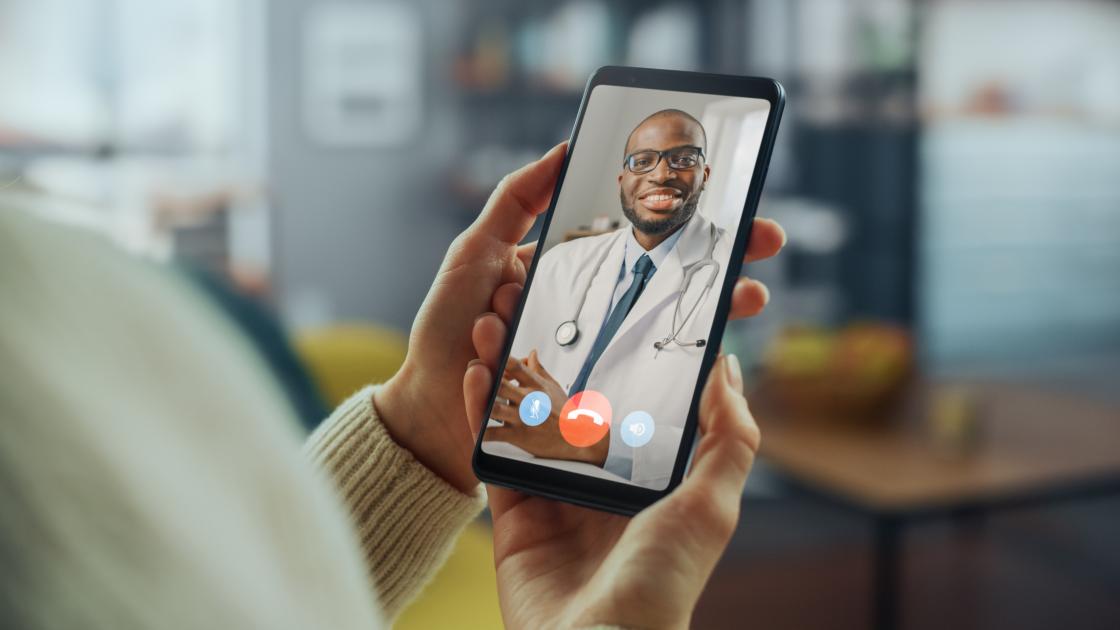
Blog
5 tips to keep your virtual health info safe and private
Published Date:
Patient Safety Awareness Week is celebrated each March to shine a spotlight on the importance of patient safety in health care. The use of telehealth has become increasingly popular, offering convenience and accessibility to patients. At SIU Medicine, we want to provide the safest spaces for our patients, whether we see them in the clinic or on the other side of a screen.
While telehealth offers many benefits, it also raises concerns about technology safety and privacy. Here are some tips to ensure your telehealth experience is safe and secure:
- Protect your privacy. Find a private and secure location where you can discuss your medical concerns without being overheard. Avoid using public Wi-Fi networks, as they may not be secure, and if possible, use your own tablet, phone or computer.
- Use an up-to-date, virus-free computer. Use a device that is free from viruses and malware to protect your personal information from being accessed by unauthorized individuals.
- Verify the provider. Before sharing any personal or medical information, verify that you are speaking with the right health care provider. You can do this by making sure the clinician has all your information correct before your visit.
- Use a secure platform. Your provider should use a secure platform. SIU Medicine uses secure, HIPAA-compliant platforms for our telehealth visits.
- Be prepared. Before your telehealth appointment, gather any relevant medical records or information that may be needed during the consultation so the telehealth session is efficient and effective. Have a pen and paper by your side to take notes.
To learn more about the benefits of quality care through telehealth at SIU Medicine, watch our videos or reach out to your provider today to schedule an appointment.



